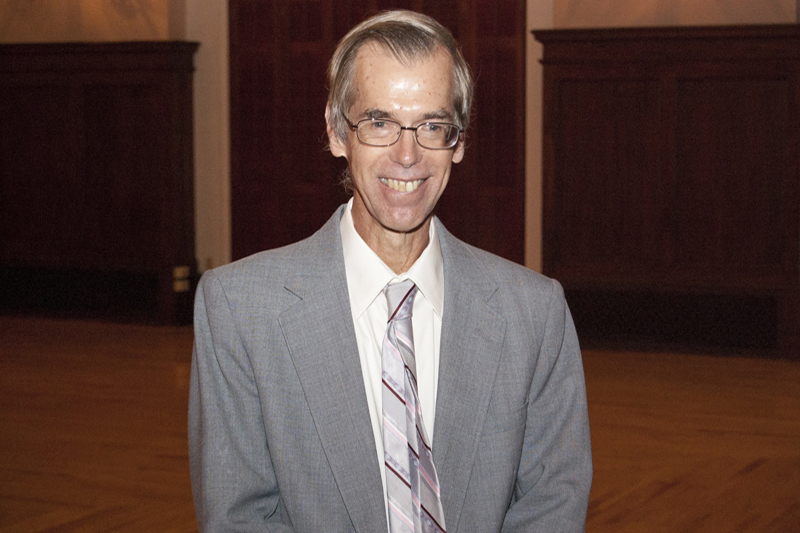Dr. Gary Hallock is a Professor Emeirtus in the Department of Electrical & Computer Engineering at The University of Texas at Austin and holds the Archie W. Straiton Emeritus Faculty Fellowship in Engineering.
He received his B.S., M.S., and Ph.D. degrees in electrical engineering from Rensselaer Polytechnic Institute, Troy, New York. He joined the UT Department of Electrical and Computer Engineering in 1984, after working for several years at Oak Ridge National Laboratory, Oak Ridge, Tennessee. He has received a number of honors and awards, including the Dumont Award, EFAC Faculty Excellence Award, NASA Certificate of Appreciation, and Dads' Association Centennial Teaching Fellowship. Dr. Hallock's work has resulted in 39 refereed journal publications, 35 refereed conference proceedings, 42 technical reports, 134 professional society presentations, and 26 invited lectures.
Dr. Hallock has served as principal investigator or co-principal investigator on 26 research contracts. He has supervised 5 Ph.D. dissertations and 26 masters theses. Dr. Hallock has a number of teaching interests at both the undergraduate and graduate level. He is currently teaching EE 302, Introduction to Electrical and Computer Engineering, which is a freshman introductory courses designed to quickly introduce new students to the excitement of electrical engineering. In addition, Dr. Hallock teaches a two-semester graduate course sequence in plasma processing of semiconductors, which is of interest to graduate students in the solid-state and plasma areas, as well as the Austin-area semiconductor industry.
Dr. Hallock is also responsible for the honors section of the senior capstone laboratory. Dr. Hallock's research is in plasma science and involves two different areas in this applied science field. The first involves high performance Hall-type plasma thrusters, which are being developed for stationkeeping of the next generation of communications satellites. Dr. Hallock and his students are concerned with the basic plasma aspects of the thrusters and the effects of the emitted plasma plume on the satellite microwave communication signals. The second area of focus for Dr. Hallock involves the development of sophisticated diagnostics to be used in studies of plasma confinement and turbulence in controlled fusion experiments. Examples of these diagnostics include far-infrared interferometers and phase contrast imaging systems for studying plasma turbulence.

